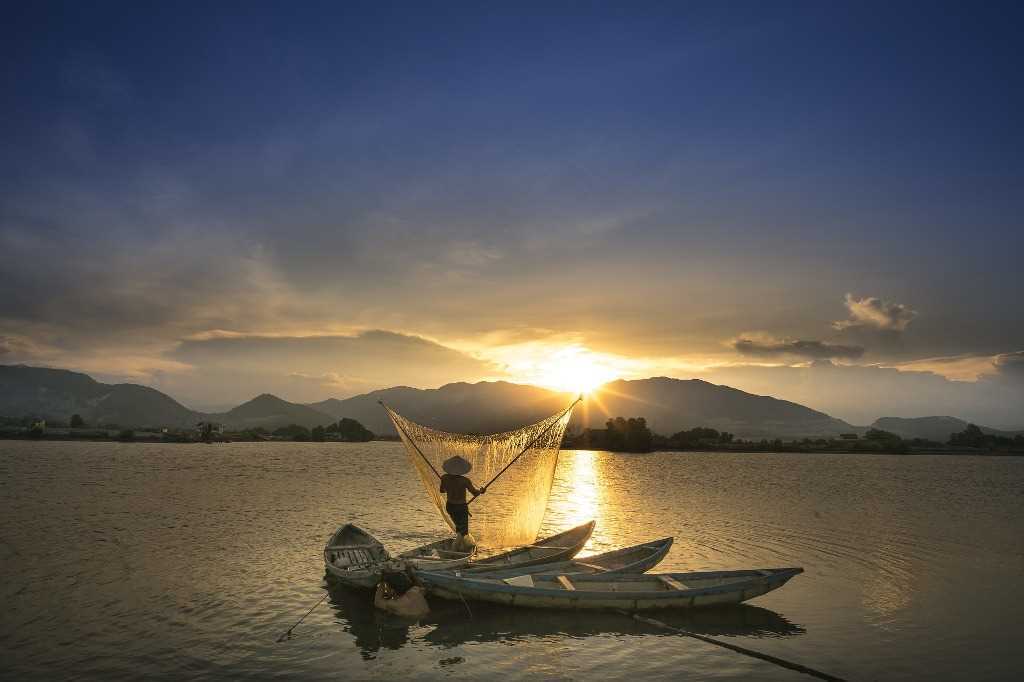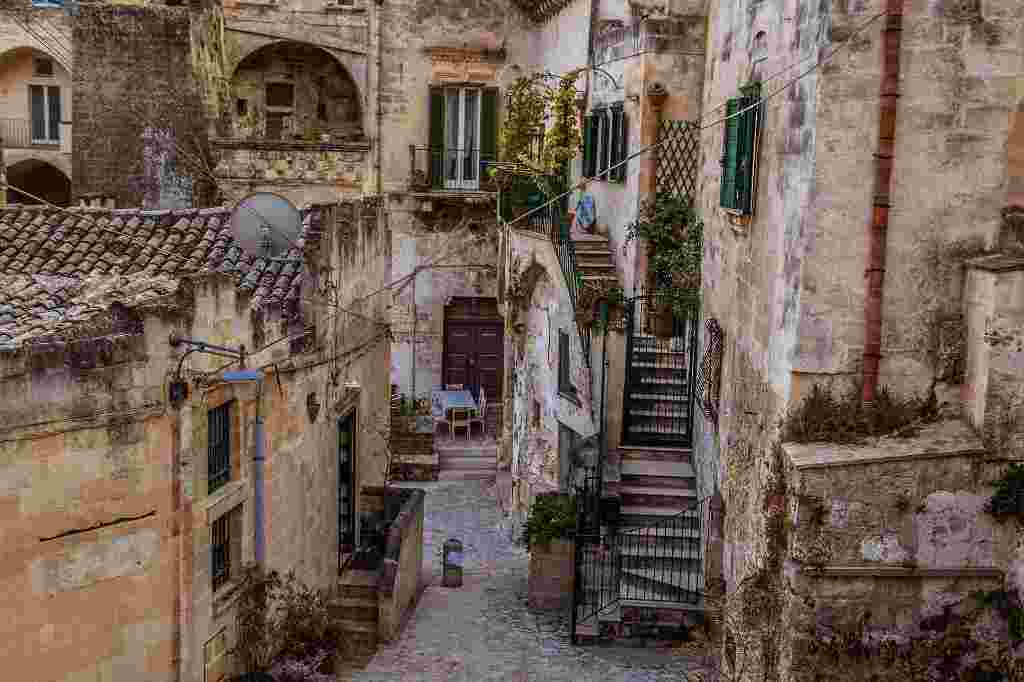My home boiler, the one that produces hot water and heating, has broken down. It takes several days to fix it or change it, it’s an old model, outdoor and recessed. They say they don’t do that anymore. That’s not why I write, though.
All this made me think back to my childhood, when these things weren’t there. Yet it is not so much time ago, but looking back today, in the light of all the technologies we have, it seems average evo.
I was born in a small country village, typical peasant village, near the city. But I remember when I was little there was no water supply, so we didn’t have water in the house. There were wells where with buckets we would go several times a day to get the water we needed for everything from personal hygiene to cooking. To do the laundry, no washing machine, but the public sketches where all the women in the country went to wash their clothes.
Now on second thought, it really feels like that was a hard life. And maybe on the one hand it was because we didn’t even have the toilets, as we did today with the toilet, the bidet, the sink and the bathtub., but small stools with a hole and newspaper instead of toilet paper that still in the countryside not yet in the countryside does not she was known. When they finally brought the water supply into the country, my father was one of the first to take a bath as we understand it today.
I still remember several families coming to see him. Yes, life was more difficult than it was today. Today we have so many appliances that do so many things that only 50 years ago a woman had to do without any help. And even then women worked, they weren’t just housewives, maybe not all of them, but most did. If you didn’t have a real job in the countryside you would work, in the garden, in the fields, or with small knits, crochet or embroidery. But it was the people who were different. Very different from what it is today. I can only talk about country life, I’ve never lived in the city and maybe in the city people weren’t like in the countryside.
In the countryside we all knew each other and there were a lot of things we shared. The houses were open to everyone, we children went from one house to another without the need for invitations, and so was the case for adults. I remember when in the small village where I was born came the first television set. The radio can be said that everyone had it, but television was really great news, even though we all knew what it was, updated by the citizens where it had come a little earlier. The home of the lucky owner of the first television set became everyone’s home. The boys would meet there at 5:00 when the boys’ tivu started.
Adults the evening after dinner to see a movie or a show or even just the news. And this lasted until someone else could buy a TV set, but in this family’s home, we were all welcome. The summer after dinner we would sit in the hall with lounge chairs and the adults would chat about the plus and minus and we guys played with the sheaves of wheat or hide-and-seek. And almost every night someone brought watermelon that we shared among us all.
The winter always after dinner the whole family moved to another house in turn and we sat around the fire (everyone had a wood-burning stove or a fireplace then) to eat frugiate and adults to drink hot wine flavored with cloves and cinnamon. And even then you brought something, a piece of focaccia, a fruit, or cookies. I loved those evenings because my grandparents always told us pretty scary stories, but we were constantly asking to tell each other. There were also other occasions when the whole small community would come together.
For example, on the 15th of August the stream that passed near our houses, was diverted to take many minnows that were then fried and eaten by everyone on tables put in the yard with benches. Another time the water was diverted from the gora that brought water to the mill and the men pulled out many beautiful eels, which were cooked and eaten all together.
Being a peasant context, life was marked by the seasons. There was the period of sowing, harvesting, gardening, beating wheat, harvesting, etc.
For small children like I was, all periods were really exciting. But the most exciting ever was the day of the wheat beating.
There came this huge machine that divided the grains from the rest. The grains of wheat ended up in jute bales and then brought to the mill. The rest was straw and was stored in barns to serve as a meal for farm animals or work in winter.
In the morning we would wake up from the rhythmic noise of this car, which was very loud and dressed at the least worst and without even having breakfast we ran in the wing to see the car, that monstrosity that a little scared us, a little fascinated.
And the day went on like this with the nearby farmers coming to help, carrying old people and children. Around noon in the corner of the aisle was set on makeshift tables and they ate all together, the pasta with meat sauce and the meat on the grill with mountains of vegetables and roast potatoes. It was a really nice party that ended in the evening with a dinner always on the wing and a vigil until late. Even we children on that occasion were allowed to stay up late and we had fun hunting fireflies that once we got home we put under a glass and in the morning instead of the fireflies we found some money.
Another beautiful day was the harvest. On this occasion too, the farmers who were close to them came to help, as we did in our turn. So we left the house with a nice wicker basket and a pair of scissors. We’d go into a row and fill the basket with bunches of grapes. Meanwhile, the cart came with the net carried by two oxen and every time we had the basket full we would go to the net and empty it inside.
Always at noon we ate in the aia all together and once the harvest was over, we small children put us in the barefoot to pick up the grapes. It was so much fun.
This was also a party that lasted all day and the next day you would go to some neighbor and start all over again.
We got to the olive harvest, but this wasn’t one of my favorite times. Usually you start to collect olives in November and at that time when it is not raining it is cold. I remember the hands going into it after a while. When we came home, we rushed to the stove to warm us up. But then began the beauty of this period. We would all go around a table where the olives were put a little at a time and you had to remove all the leaves and the olive pigeons.
Back then, grandparents would tell us stories we listened to kidnapped even though we already knew them, but we’d never get tired of hearing them. Winter is a pretty sad season in the countryside. It gets dark early, it rains and forces us guys to stay in the house. The good thing is that in the countryside the houses were often very big and we kids and teens always had a room where we could bring our toys and play all together, after doing schoolwork and until dinner time. Rooms usually cold, there was no heating then. In the kitchen there was a wood-burning stove that served both for heating and cooking. In the good living room there was the fireplace, which was lit only a few times a year, usually for the Christmas holidays. In other parts of the house there was nothing.
But we guys didn’t care, we just needed to be able to play. All these memories belong to the late 50s early 60s. But already a few years later everything started to change. The arrival of the water network, the first appliances, the phone, which slowly spread to all the houses and we kids who once finished elementary school that were in the village, we started middle school in the city where everything was a little different , in some ways very different. Some things for some years have remained the same. The harvest, the beating of the wheat, the village festivals, and the people who helped each other, the vigils and friendships, then slowly everything began to change and people began to make more life each on their own.
The old people who were the ones who carried on the old traditions, began to fail and the children did not renew those traditions. With the arrival of the cars we moved even further away from each other. And even though we still make some friends from when we were little, we are increasingly rarely caught up in the hectic life we are forced to live today. And it’s strange to think that all the technology that helps us do so many things and therefore we should have more time to devote to ourselves and others, instead helps us to isolate ourselves more and more. Even close relatives, uncles, aunts and cousins that we once frequented very often, now we see each other only at some wedding or baptism or funeral.
And every time we look at each other and say, “we have to meet together as we used to be,” but who knows why we don’t. Everyone goes back to his life, to his problems and as the old ones die, who are the ones who still act as glue in families, we begin to miss some marriage, some baptism and maybe we are only at some funeral. And we discover children of cousins that we did not know, families that formed without us knowing something and when we find ourselves like this always takes a little sadness and desire to rethink what life was like so many years ago and maybe tell it to young people, because to me it seems that and today’s young people are missing something.
Something that we had in abundance and that we now really miss, the desire to be together, to help us, to support us, to enjoy beautiful things together and to console each other for bad things. So you think that you’re not doing anything to bring that way of life back, you find a thousand justifications, that people are selfish and can’t think that to themselves. But deep down, we’re used to looking only in our garden and getting rid of our neighbor’s.


